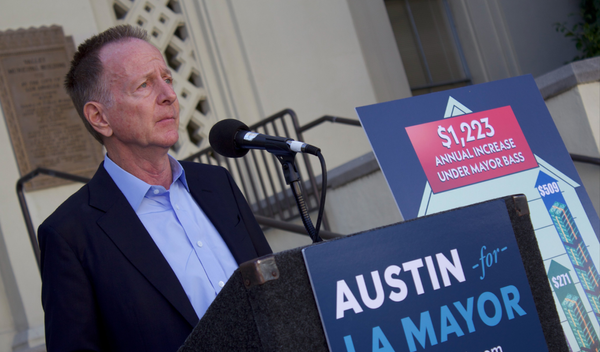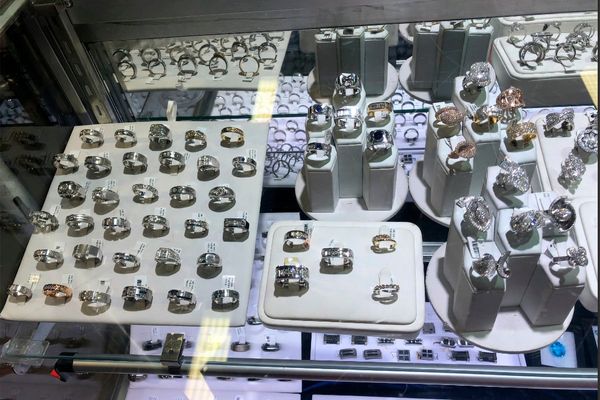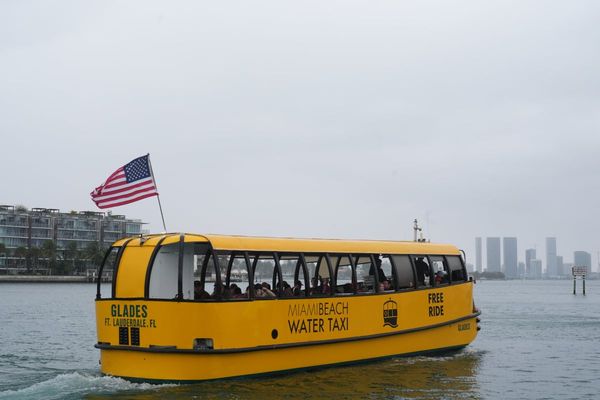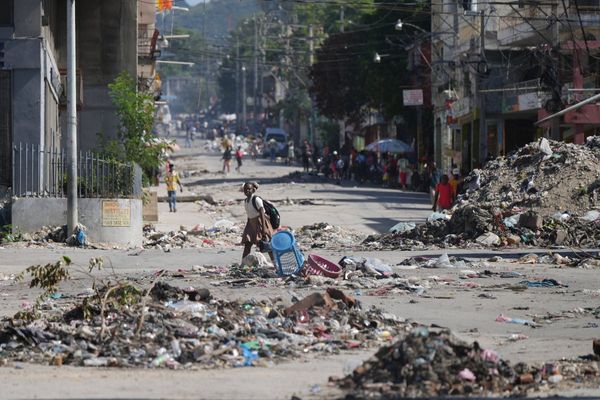On a Sunday morning, S. Shanthi, a resident of the Tamil Nadu Urban Habitat Development Board’s tenements in Perumbakkam, is eagerly waiting for supply of water. It was more than one and half days since they last received water supply.
“There are lots of vessels to be washed. We have not been able to use the bathrooms yet as we ran out of water,” said Ms. Shanthi, whose family has five members.
The apartment blocks in Perumbakkam are supplied water once in two days. However, there is no fixed time for water supply. “My husband and leave for work early morning. My children are studying. How can one of us be always there to fill the buckets and pots,” she asked.
Apart from the irregular supply of water, residents complained of frequent issues in the pipelines. J. Nirmala, another resident, said that her flat had not received water for the past few months due to pipeline issue. “I am relying on my neighbours. How long can they support me,” she asked.
Maintenance charges
It is in this context, the demand of ₹750 a month as maintenance charges for each housing unit in high-rise apartments by the board has drawn criticism from the residents. Apart from the amount being high, relative to their income, the residents argue that it was unfair to demand money when the quality of construction was poor and the board was unable to ensure basic amenities like regular water supply.
The board has stipulated ₹750 a month as maintenance charges for buildings with lift facility and ₹250 a month for those without lifts.
P. Siddharthan, a resident of the high-rise tenement in Kesava Pillai Park in Pulianthope, said that all the families belonged to low-income group while a significant number of them were poor earning daily wages. “How did they arrive at ₹750 when even many apartments in middle income neighbourhoods are charging only that much or little more,” he asked.
A case in point is the family of a mother and a disabled daughter in Perumbakkam, who did not want to be named. The family relied old age pension of ₹2,000 for the mother and the differently-abled pension for the daughter. The elderly woman does a part-time job in Thousand Lights that fetches ₹3,000 a month.
“I spend around ₹1,500 a month for my daughter’s medicines. I need to pay for the gas cylinder. I spend a considerable amount for commuting all the way to Thousand Lights. How can I pay maintenance charges as well,” she asked. Though the free bus service scheme for women have helped in cutting down the cost of commuting, many families The Hindu spoke to in Perumbakkam said they ended up spending a lot due to lack of adequate number of free bus services and use of share autorickshaws for the last mile connectivity.
New scheme
The board has not stringently enforced the payment of maintenance charges with punitive action. Many families in the high-rise tenements had not paid the amount regularly.
However, the board, with the launch of Nam Kudiyiruppu Nam Poruppu (Our tenements, our responsibility) scheme has now been pushing the residents to form the residents welfare associations (RWAs) for each building and pay maintenance charges in a bid to gradually make the RWAs responsible for maintenance work.
Activists doubt if a comprehensive study was done about the existing problems before launching the scheme. They have particularly questioned the rationale behind fixing ₹750 a month as the maintenance charge.
Vanessa Peter, founder, Information and Resource Centre for the Deprived Urban Communities (IRCDUC), said it was unclear if any study had been conducted on the income of the households, their affordability to pay and the issues faced by the existing RWAs.
In resettlement sites in particular, she said, the practical difficulties in bringing together families who come from different places and backgrounds to work cohesively in an association, cannot be ignored.
G. Selva, secretary, Communist Party of India (Marxist)’s Chennai central unit, said by pushing for associations, the board was attempting to gradually abdicate its responsibility of ensuring basic amenities and maintenance of its tenements. Raising concerns that such schemes were recommended by international financial institutions that were funding the projects of the board, he said the conditions imposed by such institutions should be made public.







